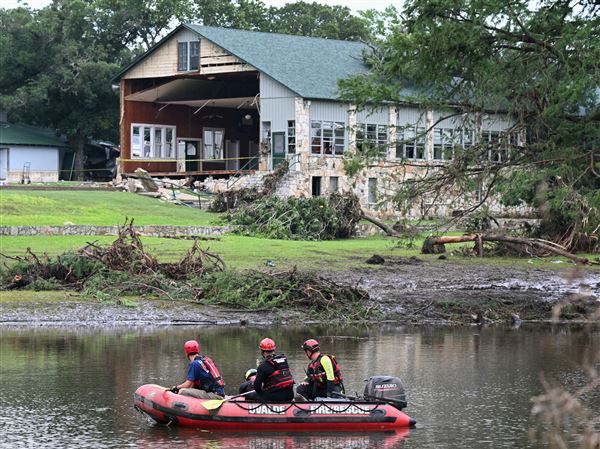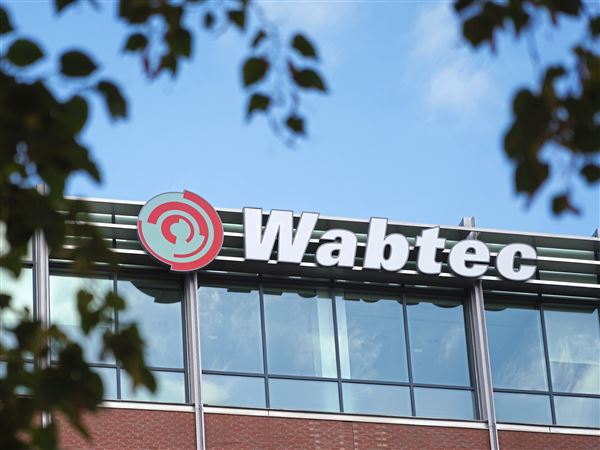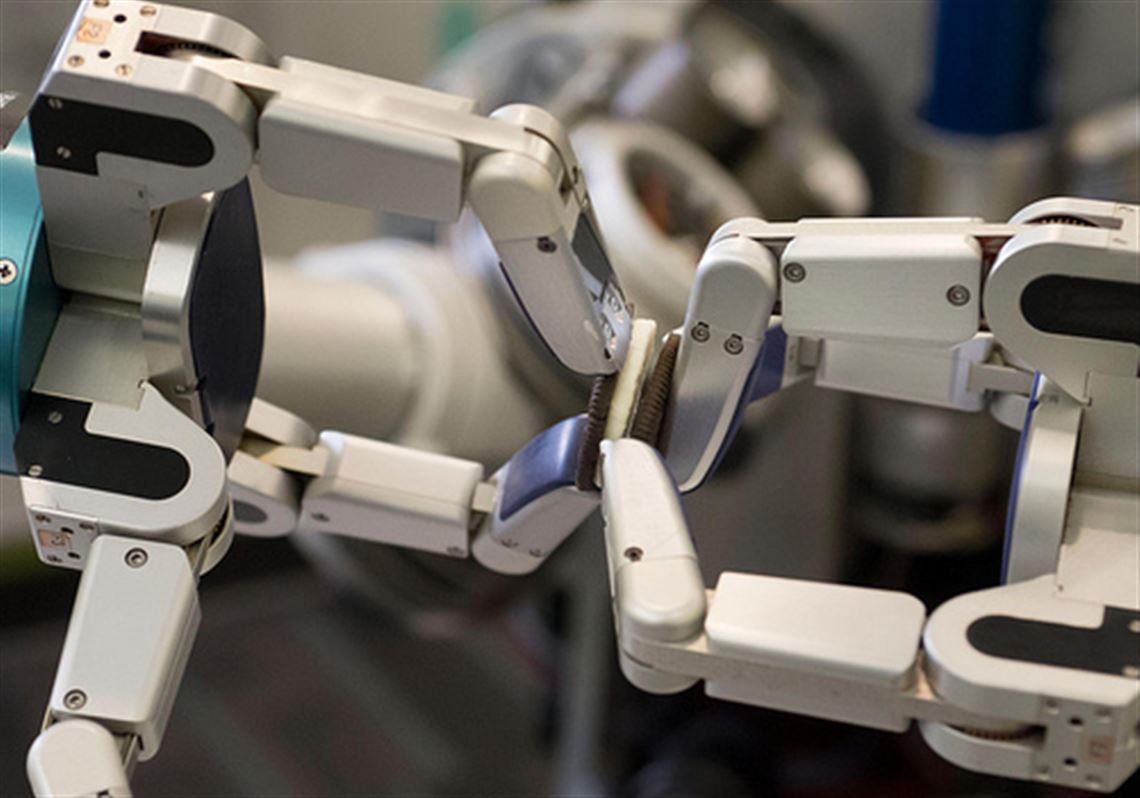WASHINGTON — Seventeen years after LTV Steel closed its Hazelwood operation, its site is being prepared for new life as a catalyst for the region’s — and the nation’s — next big industrial revolution.
A new nonprofit offshoot of Carnegie Mellon University is in negotiations with foundations that own the former industrial site known as Almono to make it the headquarters for a national effort to make robotics more affordable, adaptable and useful for manufacturers.
The Advanced Robotics Manufacturing Innovation Hub is being created with $80 million in start-up money from the Department of Defense and $173 million in commitments from partners including the Richard King Mellon Foundation. The enormous collaboration involves 123 companies, 40 academic institutions and 64 government and nonprofit agencies in 31 states.
“This is a great opportunity to create jobs, empower American workers, lower barriers so small companies can embrace robotics, and make the U.S. a world leader in industrial robotics,” said Howie Choset, chief technology officer of the the new nonprofit and a CMU professor.
The focus is on practical application, not theoretical scholarship.
“This isn’t for high-falutin’, far-out research. It’s about getting solutions to real-world problems really quickly,” said Glenn Saunders, senior research engineer at Rensselaer Polytechnic Institute, one of the collaborators.
One area the innovators want to improve is artificial intelligence so that, for example, finishing machines can automatically adapt to manufacturing variances.
“Humans are very good at detecting small differences and adapting to them but robots aren’t there yet. We need to get to the point where any small manufacturing change” can be handled by robots, Mr. Sanders said Friday in an interview at the Pentagon, where the funding award was announced.
“This is really about American manufacturing capability, which, of course, supports the Department of Defense’s need for providing for our defense. In combat situations things can change quickly, and we need to be able to manufacture things very quickly and get them into the field,” he said.
Better manufacturing bolsters both economic security and national security, said Frank Kendall, undersecretary of defense for acquisition, technology and logistics.
Project planning and prioritizing, led by Gary Fedder, CMU’s vice provost for research and president of American Robotics, will take place over the next three months, with the first “results” expected in six to 12 months. The funding for the institute is expected to last for five years, but the institute will continue operating after that without federal funding support.
“We are designed to exist in perpetuity,” Mr. Fedder said. “By the end of the first five or six years we expect to be generating revenue from licensing agreements, projects, new technologies and a variety of services to the manufacturing sector.“
Collaborators are excited about the possibilities.
“We’re going to combine some of the best minds together,” said Thomas H. Evans, director of West Virginia University’s Robotic Technology Center.
That’s the point, and partners — including companies in competition with each other — had to change their mindsets in order to agree to work together. The aim is to solve problems that no one company could solve on its own.
“In the end, openness is what spurs technology,” Mr. Choset said. “We’ve created an ecosystem that’s going to be a fertile ground for people to find new applications” to advance the use of robotics in automotive, electronics, aerospace and textiles manufacturing.
Mr. Choset responded to concerns about machines replacing workers by saying that technology spurs job creation.
“Innovation and automation — since the beginning of time — has always created jobs. Why would robotics be any different? It’s going to offload tedious, repetitive work and create new jobs creating robots or supporting robots and the new processes created because of robotics,” he said.
Carnegie Mellon, a pioneer in robotics research, spent more than a year working on the 930-page proposal.
“We leveraged our experience in robotics to build on [Pittsburgh’s] advanced manufacturing infrastructure,” university president Subra Suresh said. “We are uniquely positioned to make and deploy robotic technologies that will make American workers more competitive in the global marketplace. … We will usher in a new age of robotics that creates new jobs in the industrial heartland and across the nation.”
The funding also will allow the site of a former steel mill that was part of the Industrial Revolution to be put back to use as part of the next industrial revolution, county Executive Rich Fitzgerald said during his remarks at the Pentagon.
A site “where steel was made for decades and decades gets to come full circle again: a phoenix rising out of the ashes of the former industrial site,” he said.
Mayor Bill Peduto also spoke at the Pentagon.
“I was born in the ’60s when Pittsburgh was a global leader in heavy industry … but by the late 1990s the last steel mill was closing on the site where this center will open,” he said. “Pittsburgh survived because we understand the importance of partnerships, and we understand we do stand on the shoulders of George Westinghouse and Andrew Carnegie and those who saw a different way of doing things.”
Site negotiations are ongoing so there is no timeline or cost estimate for the hub, which would be built inside the long, narrow mill building on the 174-acre former brownfield site along the Monongahela River. It will include research and development laboratories.
Until the building is ready, the hub will operate out of CMU’s National Robotics Engineering Center in the Strip District.
The hub is the 14th institute to become a part of the Manufacturing USA Institute network, a public-private program established to bring industry, academia and government together to co-invest in cutting edge manufacturing technologies and capabilities critical to future economic competitiveness.
More than $1 billion in federal funding has been appropriated for the Manufacturing USA Institute Network, along with more than $2 billion in private funding.
Washington Bureau Chief Tracie Mauriello: tmauriello@post-gazette.com, 703-996-9292, @pgPoliTweets. Staff writer Don Hopey contributed.
First Published: January 13, 2017, 2:13 p.m.
Updated: January 14, 2017, 5:02 a.m.


















